In light of the extraordinary and appalling events at the U.S. Capitol building on January 6, 2021, in which a vast crowd dangerously and criminally broke into the building, PEG is immediately issuing a policy statement that was approved, but not published, shortly before these events took place. PEG absolutely condemns the violent and illegal behavior demonstrated at the Capitol building, and it is precisely that type of situation that makes clear the need for all elected officials to not just respect the integrity of our election processes, but to definitively promote, to their respective constituencies, the need for all Americans to do so as well.
PEG Policy Statement on the Integrity of Elections
In the absence of conclusive evidence of voter fraud and/or significant voting irregularities, all candidates for public office should abide by and honor the results of elections and do all that they can to exhibit respect and acceptance of those election outcomes and, in the case of incumbents who lose elections, they should do everything possible to ensure a smooth transition of power when their term of office ends. To do anything less is to dishonor the U.S. Constitution and our system of government.
PEG Policy Statement on the Governmental Response to the COVID-19 Pandemic
In the United States, the federal government has a constitutional mandate to provide for the common defense and general welfare of its people. It failed in that mandate. That is not to say the federal government did nothing – it did provide substantial financial support in development of vaccines for the COVID-19 virus and it managed to pull together a substantial economic stimulus package in mid-summer, just a few months into the pandemic. But then it took until the last days of 2020 for a second stimulus package that was mired in politics, arguing over funding for most of the last five months over things unrelated to the pandemic. Previous federal administrations prepared and updated emergency management plans that included preparation and response to pandemic-like scenarios. The world has seen pandemics before and knows it is a reality, but the federal administration in charge chose to ignore those plans and disband the groups who were prepared to implement those emergency management plans.
In addition, it appears the federal government did little to support the states in their response to the pandemic. States were left to find and compete with others for needed medical equipment and protective gear, and to enact individual policies meant to slow the infection rate and help hospitals manage COVID patients along with other priority health care needs. It was no surprise that pandemic response has been vastly different from state to state, which has likely contributed to pandemic fatigue and apathy. Some states have been more transparent in their pandemic response than others, making it doubly difficult for businesses to survive if they are caught by surprise and don’t have time to adjust.
Certainly, government needs to step in when necessary to protect public health during a public emergency like the current pandemic by stopping large gatherings of people in confined spaces and requiring the proper use of personal protective equipment, such as masks, and to comply with proper social distancing guidelines. However, common sense would say that government has no business choosing “winners” and “losers” by allowing some businesses, in most cases larger businesses, to remain fully open while imposing restrictions on other businesses, in most cases small businesses, when there is no verifiable scientific data that would suggest that keeping those particular businesses open would endanger public health to any greater degree than those businesses that are allowed to remain open during a public health emergency.
If there are justifiable reasons for government to close and/or curtail operations of certain businesses during a public emergency like the current pandemic, then it is in the interest of good public policy for government to simultaneously provide them with substantial economic relief (i.e., provide funds to help them meet payroll and other operating expenses) during the period that they are required to close and/or curtail operations. Arrangements for these relief payments should begin commensurate with the beginning of the required closures/ curtailment of operations. To do anything less is a failure to serve the best interests of the people. Vaccines are starting to become available, but we will be impacted by governmental response for many months (or years) to come.
PEG calls on the federal government to coordinate with and provide economic support to the states for pandemic response, to remove partisanship from all discussions and actions in response to the pandemic, and to put the health and economic welfare of its citizens above special interests. Similarly, PEG calls on the states to remove partisanship from all discussions and actions in response to the pandemic, to coordinate with large and small businesses to accurately understand their economic distress, to coordinate with other states, and to be transparent in setting policy regarding pandemic response.
This is the time for federal and state governments to be fiscally responsible by providing support for an economy that can revive when this emergency is over, and to provide a social safety net for its citizens so they can thrive during this emergency, support each other, and participate in the revival of our society.
